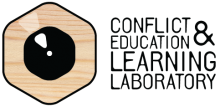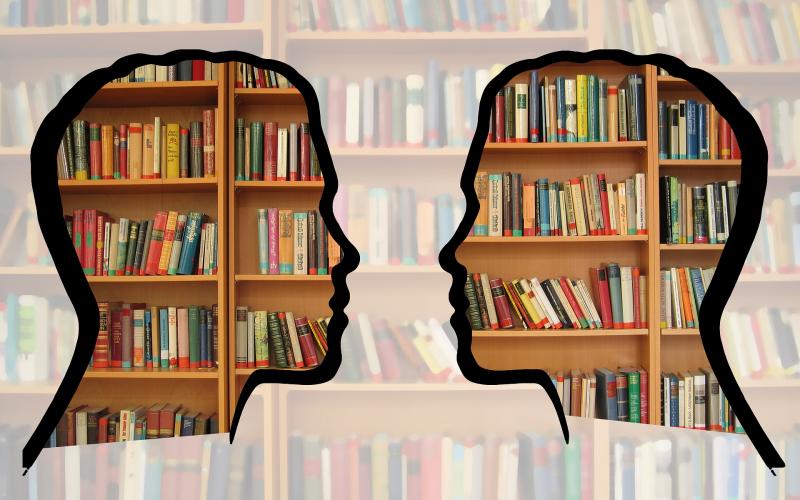Societies around the world struggle with violent pasts and with the legacies of atrocity crimes, such as genocide, crimes against humanity, or war crimes. A lack of acknowledgement and acceptance of violent pasts and related traumas may fracture social cohesion and leave unchecked persisting grievances and divisive stereotypes.
Education plays a key role in the process of coming to terms with violent pasts and in reducing divisive stereotypes and forming positive identities. Education encourages young people to reflect critically upon the dynamics and processes that led to past violence and conflict. It equips them with the abilities, skills, values, and attitudes to interpret or process divergent interpretations of the past as well as their present implications. Education also strengthens the capacity of young people to learn from the violent pasts of their societies and to face the ethical and equitable issues of the present and future.
Textbooks and curricula in history, social studies, and geography often narrate a society’s past stories and portray its identities. It is no surprise, therefore, that textbooks and curricula are subject to political controversy. In extreme cases, they may become vectors of conflict and prejudice, or participate in the complete marginalization of a people from history. Conversely, textbooks may promote reconciliation, inclusion, and peace. In this sense, textbooks and curricula can, for better or worse, become part of larger processes of negotiating and shaping conflict and crisis. Ensuring that such educational materials enable a constructive engagement with the past, and do not exacerbate divisions, is therefore crucial.
International forums have repeatedly acknowledged the importance of education in the prevention and alleviation of conflict, violence and violent extremism, genocide, and other atrocity crimes. For example: UN resolution 60/7 (2005) on “Holocaust Remembrance”; UNESCO GC resolution 34C/61 (2007) on “Holocaust Remembrance”; UNSC resolution 2150 (2015) on “Recommitment to fight against genocide”; UNHRC Resolution (A/HRC/28/L.25) on “The prevention of genocide” (2015). In 2013, the United Nations Secretary General report on The Responsibility to Protect: State Responsibility and Prevention stated, “Education curriculums should include instruction on past violations and on the causes, dynamics, and consequences of atrocity crimes.” Similarly, the United Nations Secretary General Plan of Action to Prevent Violent Extremism identifies “historical legacies of, or collective grievances stemming from, domination, oppression, subjugation, or foreign intervention” and “the memory of past or present actual or perceived oppressions” as drivers that can fuel violent extremism.
More can be achieved. We believe there is a need to support education systems and educational materials to foster dialogue, inclusion, reconciliation, and peace through non-discriminatory depictions of violent pasts. Moreover, we advocate for a framework and guide for identifying and narrating violent pasts in history, social studies, and geography textbooks and curricula. We can also learn from education systems, schools, and educators who are rising to the challenge of reducing divisive stereotypes and other discriminatory content in textbooks and curricula. At the Koninklijk Atheneum Antwerpen, for instance, the principal and teachers are exploring how to teach history from multiple country perspectives, and the organization Facing History and Ourselves has developed innovative modules for teachers to discuss issues of genocide and mass violence with their students.
The Conflict and Education Learning Laboratory’s (CELL) Violent Pasts Workshop was chosen by USAID's Education in Conflict and Crisis Network (ECCN) as a featured Partner Initiative. CELL will collaborate with the Education Sector at UNESCO and the Georg Eckert Institute to convene an expert workshop in Brussels, Belgium, in January 2019 delving into the important role of, and key issues in, the narration of past violence and conflict in educational materials. Recommendations for practitioners, curriculum developers and policy makers will be shared following the workshop.
This blog post was jointly published by CELL and ECCN.

